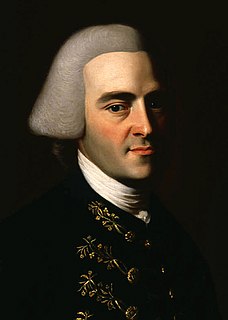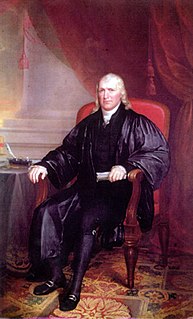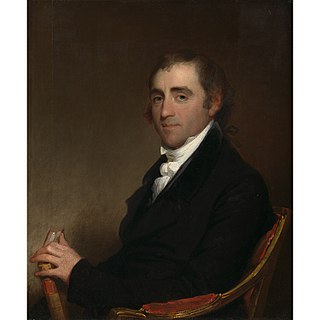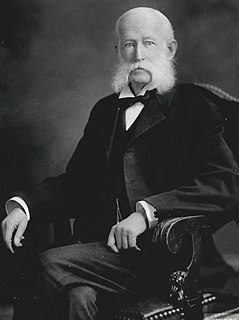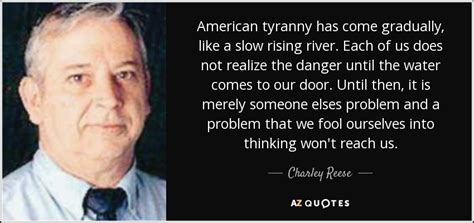A Quote by John Hancock
Sensible of the importance of Christian piety and virtue to the order and happiness of a state, I cannot but earnestly commend to you every measure for their support and encouragement ... Manners, by which not only the freedom, but the very existence of the republics, are greatly affected, depend much upon the public institutions of religion and the good education of youth; in both these instances our fathers laid wise foundations, for which their posterity have had reason to bless their memory.
Quote Topics
Affected
Bless
Both
Cannot
Christian
Commend
Depend
Earnestly
Education
Encouragement
Every
Existence
Fathers
Foundations
Freedom
Good
Good Education
Greatly
Had
Happiness
Importance
Institutions
Laid
Manners
Measure
Memory
Much
Only
Order
Our
Our Father
Piety
Posterity
Public
Reason
Religion
Sensible
State
Support
Support And Encouragement
Very
Virtue
Which
Wise
Youth
Related Quotes
Republics demanded virtue. Monarchies could rely on coercion and "dazzling splendor" to suppress self-interest or factions; republics relied on the goodness of the people to put aside private interest for public good. The imperatives of virtue attached all sorts of desiderata to the republican citizen: simplicity, frugality, sobriety, simple manners, Christian benevolence, duty to the polity. Republics called on other virtues--spiritedness, courage--to protect the polity from external threats. Tyrants kept standing armies; republics relied on free yeomen, defending their own land.
All manners of freedom, including freedom of expression, freedom of conscious, freedom of thought...it accepts tolerance. But it is not an atheist society. Religion is the private affair of an individual...be present in the public domain, but state has to be clearly separated from religion. When I'm speaking, I'm speaking only for myself. At the same time, I know that these ideas have wide support among the Iranian population.
The education of youth should be watched with the most scrupulous attention. [I]t is much easier to introduce and establish an effectual system ... than to correct by penal statutes the ill effects of a bad system. ... The education of youth ... lays the foundations on which both law and gospel rest for success.
Public virtue cannot exist in a nation without private, and public virtue is the only foundation of republics. There must be a positive passion for the public good, the public interest, honour, power and glory, established in the minds of the people, or there can be no republican government, nor any real liberty: and this public passion must be superiour to all private passions.
EDUCATION, n. The bringing up, as of a child; instruction; formation of manners. Education comprehends all that series of instruction and discipline which is intended to enlighten the understanding, correct the temper, and form the manners and habits of youth, and fit them for usefulness in their future stations. To give children a good education in manners, arts and science, is important; to give them a religious education is indispensable; and an immense responsibility rests on parents and guardians who neglect these duties.
As piety, religion and morality have a happy influence on the minds of men, in their public as well as private transactions, you will not think it unseasonable, although I have frequently done it, to bring to your remembrance the great importance of encouraging our University, town schools, and other seminaries of education, that our children and youth while they are engaged in the pursuit of useful science, may have their minds impressed with a strong sense of the duties they owe to their God.
The liberal appropriations made by the legislature of Kentucky for a general system of education cannot be too much applauded . . . . Learned institutions ought to be the favorite objects with every free people. They throw that light over the public mind which is the best security against crafty and dangerous encroachments on the public liberty . . . . What spectacle can be more edifying or more seasonable than that of liberty and learning, each leaning on the other for their mutual and surest support?
